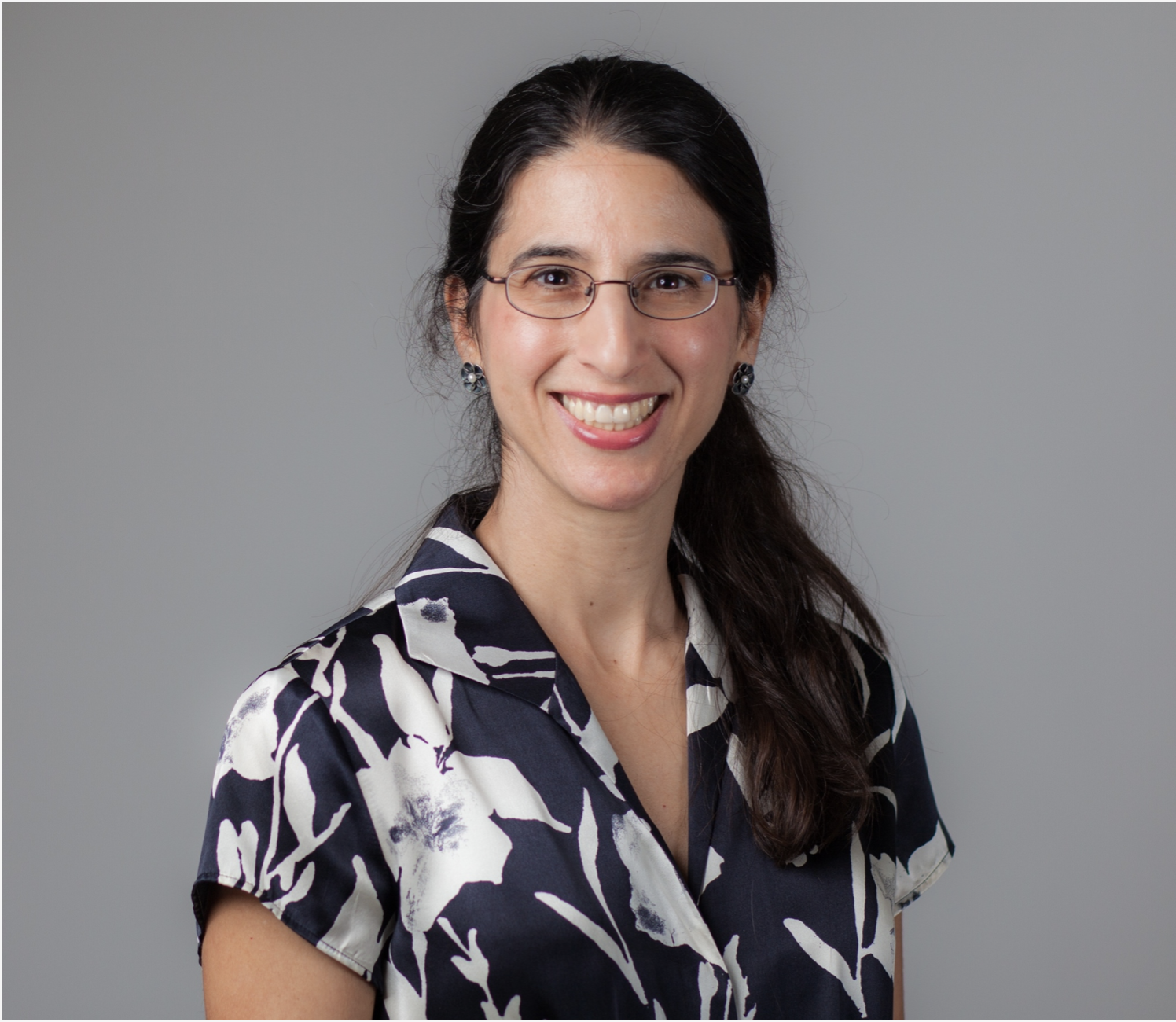
25 Jul Town Talk: Rodan, Flies & Our Kidneys!
The Telluride Science Research Center hosts Dr. Aylin Rodan. Her talk, titled “What flies can teach us about our kidneys,” ends the series of Town Talks presented by TSRC. The event takes place at the Telluride Conference Center in Mountain Village on Tuesday, July 30, 2019, 6:30 p.m. Admission is free; cash bar opens at 6 p.m.
Each talk is followed by an interview and Q &A session moderated by Emmy- and Peabody Award-winning television correspondent and professor emerita of broadcast journalism at USC’s Annenberg School of Communication and Journalism, Judy Muller.

Dr. Aylin Rodan
The human organism is complex, composed of a dozen different functional systems about which we still have plenty to learn. And, while some of our questions may be answered through hands-on testing, others require probing that would be unethical on a human subject. One solution, the key to understanding the mechanics of our kidneys, can be found in an unexpected host: the common fruit fly, Drosophila melanogaster.
At the forefront of this research is Dr. Aylin Rodan, a physician and scientist at the University of Utah, who will be joining the TSRC for a Town Talk this week. After studying the endoplasmic reticulum at Yale University, she got her PhD at UCSF, where she researched the effects of alcohol on the behavior of none other than Drosophila.
“As an undergraduate, I learned a lot about cell and molecular biology, but I wanted to learn more about physiology, or the way that tissues and organs and organisms work; that’s why I became interested in simple specimens like the fly, where I could understand physiology within the context of a whole organism and still apply the same tools to dissect pathways at the molecular level.”
Thus, after getting her medical degree in renal physiology and clinical nephrology (the study of kidneys), Dr. Rodan turned her attention back to Drosophila, in order to understand signaling cascades and epithelial ion transport, and their relation to human health concerns.

Flies in vials
Her niche area of experimentation, modelling the human kidney through tests on the fruit fly’s renal tubular, is made possible by the principle of conservation. “We evolved from very simple organisms, and as we evolved, certain pathways and processes stayed the same, whereas others changed or were added on to accommodate the increasing complexity of, for example, a human compared to a bacterium.”
As a result of this conservation, successful pathways are kept and improved upon, such as the WNK kinase, which is vital to epithelial ion transport, or the movement of polarized substances within and across a cell’s protective layer. Although flies only possess one of these kinases, whereas mammals have four, the same pathways are present.

Flies in ethanol-filled morgue
The kidney is crucial for homeostasis, or constantly maintaining the proper concentration of various substances (magnesium, sodium, potassium, calcium, etc) within the body. It decides which materials to reabsorb or excrete, depending on the organism’s current needs. Ion transport, as activated by different pathways, is necessary to keeping the balance.
Alternatively, the lack of said balance as a result of mutation can lead to high blood pressure, low blood pressure, or electrolyte disorders—which is why Dr. Rodan’s experiments with Drosophila are so relevant. Her lab continues to study the regulation and activation of the WNK kinases, which are able to sense accessory proteins and new genes that interact with the pathway.
The fly may not be the perfect model for all of human biology, but it’s proven itself useful for the study of conserved molecular processes within the kidney.

Scientists working at Rodan Lab)
TSRC & Town Talks, more:
TSRC Town Talks are free public presentations by world-renowned scientists on topics of great current importance in science, technology, education, and public policy. Each scientist’s talk is followed by an interview and Q&A session moderated by Emmy- and Peabody Award-winning television correspondent and professor emerita of broadcast journalism at USC’s Annenberg School of Communication and Journalism, Judy Muller.
Witha network of over 5,000 preeminent scientists from over 90 countries and 500 institutions, TSRC generates the fundamental knowledge-base for new solutions in many fields, including energy, medicine, water, climate, national security, and advanced materials for computing and manufacturing.
To learn more about TSRC and the capital campaign to purchase the Telluride Depot as TSRC’s permanent home, visit telluridescience.org.


Sorry, the comment form is closed at this time.